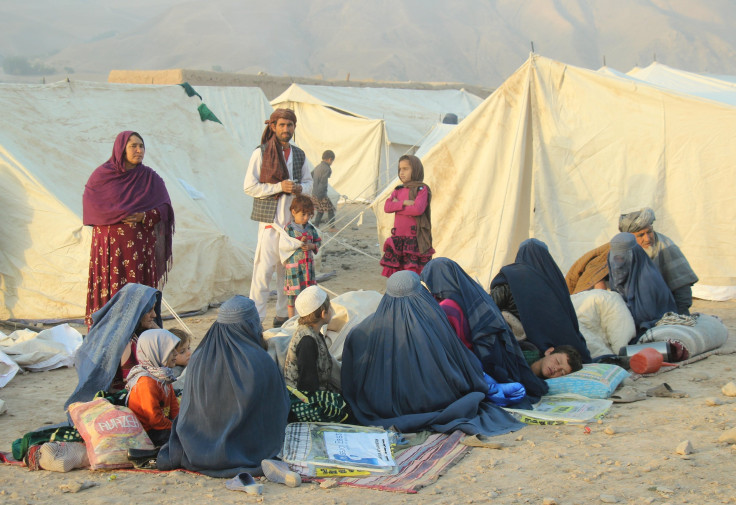War, Bombings And Poverty In Afghanistan: 10 Million Afghans Have Mental Illness Or Distress After Decades Of Conflict

Almost a third of people in Afghanistan suffer from mental health problems, the Reuters Foundation reported Thursday. Decades of conflict, widespread poverty, a lack of doctors and the stigmatization of mental illness have led to an estimated 10 million Afghans with some sort of mental health distress or illness.
Afghanistan's Ministry of Health has upgraded the classification of mental illness from second tier to first tier, placing it among the nation’s top five health concerns. But obstacles to addressing the problem remain nearly insurmountable. Only 200 psychological counselors existed in the entire country as of 2015. In 2011, there were .26 doctors for every 100,000 people in Afghanistan, though that number has been steadily rising. The lack of mental health professionals has led to some Afghans seeking help from traditional healers who often do more harm than good, Reuters reported.
Almost three million people don’t have health care access within a two-hour walk of their home. Dr. Ferozuddin Feroz, Afghanistan’s Minister of Public Health, announced in July that the ministry would establish new health facilities in underserved and inaccessible regions. It’s unclear how many of these, if any, will be dedicated to mental health treatment.
Suicide bombings, displacement and poverty are causes of mental distress throughout Afghanistan while at the same time making it harder to access proper care. Substance abuse throughout the nation has also been on the rise since 2000.
“Nobody knows what is going on and what is going to happen to them, and it makes them anxious and depressed,” Ekil Hayat, a doctor in Kabul, told Reuters.
The World Health Organization called the stigmatization of mental health in Afghanistan the greatest barrier to addressing it. The shameful connotations that come alongside it have led to many people in the country declining to report their problems or even talk about them. This, in turn, has affected the already dwindling numbers of mental health professionals.

© Copyright IBTimes 2024. All rights reserved.






















